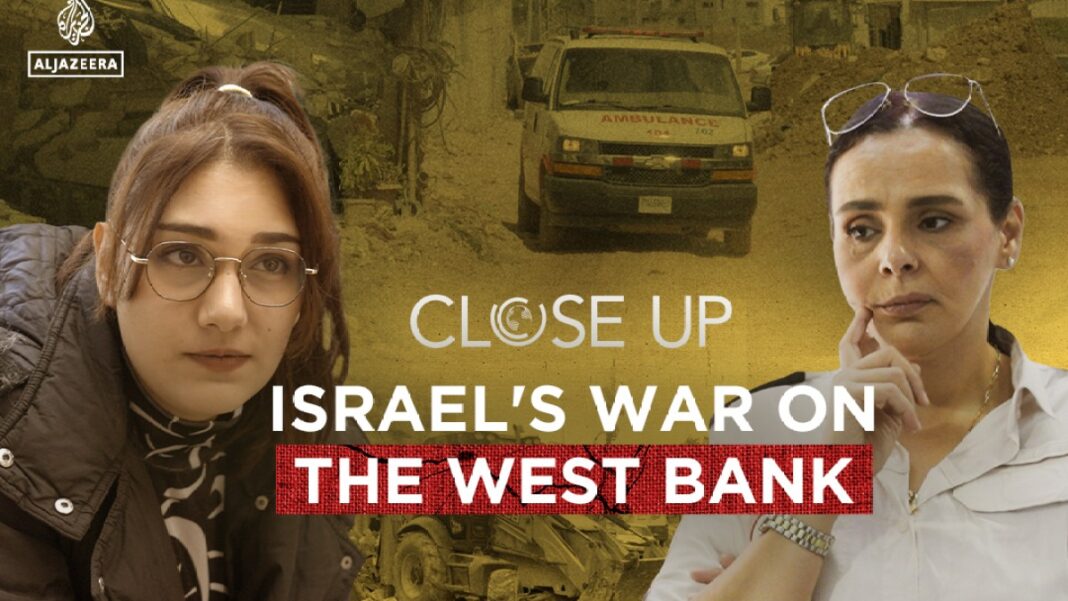“Our mission is solely to provide medical aid, and we shouldn’t be punished for it – whether through suspicion, detention or death,” says Safiya al-Bibissi, an ambulance driver with the Palestinian Red Crescent as she describes the treatment of first responders by Israeli forces in the illegally occupied West Bank.
Despite the risks, al-Bibissi drives an ambulance through blocked roads and restricted areas to reach patients in Tulkarem. “We’re targeted all the time; it’s psychological destruction,” she adds, noting her uniform offers no protection against violence from Israeli troops.
Since the war on Gaza began, the Palestinian Red Crescent has reported at least 750 violations against its staff and patients in the West Bank. In September, the Israeli military launched its largest assault on the occupied territory since the second Intifada, killing 18 people, including children, in Tulkarem. The destruction of Palestinian homes, roads and infrastructure, such as water and sewage systems, has made it even harder for emergency workers to reach those in need.
Palestinians in the occupied territory are now struggling to secure necessities, including food and water. “I don’t think anyone living in this situation can consider themselves free,” says Raghad al-Fanni, also a resident of Tulkarem. Al-Fanni spent more than a year in an Israeli prison without even being formally charged – under the practice of administrative detention, which allows Israel to detain Palestinians without trial or explanation. At least 3,300 Palestinians remain in Israeli prisons under this system.
Al-Fanni was released last year during a four-day pause in fighting between Israel and Hamas, which included an exchange of Israeli captives for Palestinian prisoners in Israel. “Now, if you go through a day without feeling the fear of external danger, that in itself is an achievement,” she reflects. Life outside remains challenging, as the uncertainty she faced in prison continues under occupation.
In this Close Up episode, watch stories of resilience amid increasing violence as the human cost of the continuing conflict in the occupied West Bank mounts.
Credits:
Director/Writer: Tierney Bonini
Producer: Manar Altell
Associate producer: Alreem Al-Maadeed
Editor: Farah Fayed
Additional editor: Antonia Perello
Colourist: Catherine Hallinan
Sound mixer: Linus Bergman
Senior editor: Donald Cameron







